Privacy and data protection
Privacy and data protection are essential for us to live, connect, work, create, organise and more. Governments and companies have long used mass surveillance for control trying to legitimise snooping for health, security or other reasons. The near-total digitisation of our lives has made it easier to control, profile and profit from our attention, data, bodies and behaviours in ways that are very difficult for us to understand and challenge. European data protection standards such as the GDPR are a good step forward but we need more to effectively ensure enforcement and protection against unlawful surveillance practices.
Filter resources
-

Consultation response to the European Commission’s call for evidence on a new Europol regulation
The European Commission launched a call for evidence to gather views on the reform of Europol’s mandate. Europol is the EU law enforcement cooperation agency. EDRi along with Resist Europol coalition members submitted a response to the consultation, sharing their concerns about this renewed expansion of powers, despite Europol’s numerous issues around opacity and lack of accountability.
Read more
-

EDRi-gram, 17 September 2025
What has the EDRi network been up to over the summer? Find out the latest digital rights news in our bi-weekly newsletter. In this edition: age verification gains traction, EU’s deregulation spree risks entire digital rulebook, & more!
Read more
-
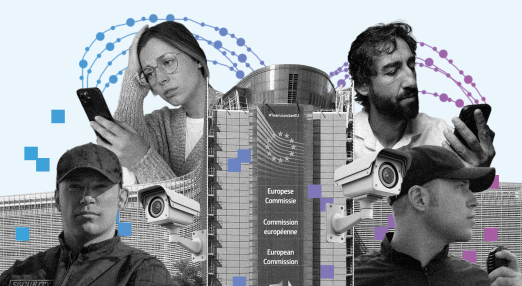
Deregulating digital rights: Why the EU’s war on ‘red tape’ should worry us all
The European Commission has made deregulation a top priority for the EU over the next four years. Under the banner of ‘simplifying’ EU rules, we risk seeing the entire digital rulebook – for which we have advocated for years – being stripped away. If the EU wants a healthy, competitive tech market that puts people at its center, then this deregulation push is not only bad for the protection of fundamental rights, but is also an act of self-sabotage which must be reversed.
Read more
-
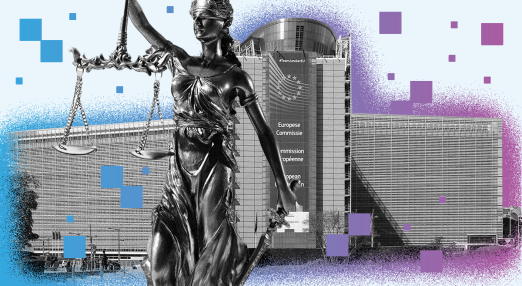
EDRi warns against GDPR ‘simplification’ at EU Commission dialogue
On 16 July 2025, EDRi participated in the European Commission’s GDPR Implementation Dialogue. We defended the GDPR as a cornerstone of the EU’s digital rulebook and opposed further attempts to weaken it under the banner of ‘simplification’. The discussion was more divided than the official summary suggests.
Read more
-

Denmark wants to break the Council deadlock on the CSA Regulation, but are they genuinely trying?
Denmark made the widely-criticised CSA Regulation a priority on the very first day of their Council presidency, but show little willingness to actually find a compromise that will break the three-year long deadlock on this law. The Danish text recycles previous failed attempts and does nothing to assuage the valid concerns about mass surveillance and encryption. Not only is Denmark unlikely to be able to broker a deal, it also stands in the way of EU countries finding an alternative, meaningful, rights-respecting solution to tackling CSA online.
Read more
-

16 countries burned Poland’s bridges on the CSA Regulation: What now?
Poland’s surprising compromise to ease the deadlock on the CSA Regulation – which has been stuck in the Council of EU Member States for the past three years – met with failure. This blog recaps the Polish compromise, the positions of the Member States on the proposal, and what it could mean for the future of one of the most criticised EU laws of all time.
Read more
-
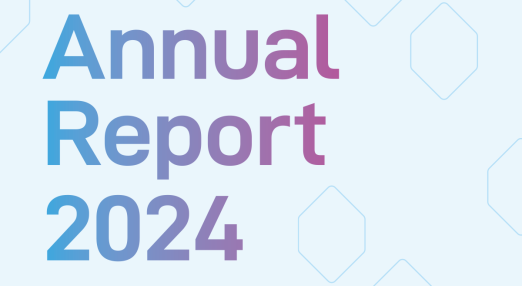
EDRi Annual Report 2024: Reinforcing digital rights and justice in uncertain times
Read about EDRi’s work in 2024 to build an inclusive and equitable digital world. Last year, we witnessed massive changes in the political realm after the European elections in June, and resisted growing attacks on important digital rights legislation while staying rooted in our long-term vision for digital futures.
Read more
-

One year of the AI Act: What’s the political and legal landscape now?
The EU Artificial Intelligence (AI) Act came into force on August 1, 2024. This blog takes stock of the political and legal landscape facing its implementation and enforcement one year on, especially efforts to delay or even gut the law which would have far-reaching effects on people’s rights, especially when it comes to migration and law enforcement use of AI.
Read more
-
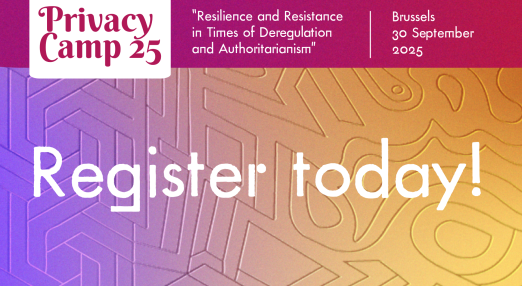
#PrivacyCamp25: Registrations open and call for sessions deadline!
In 2025, we are excited to host you online and at La Tricoterie, Brussels on 30 September to explore Resilience and Resistance in Times of Deregulation and Authoritarianism. Register now and join us for one of the flagship digital rights gatherings in Europe.
Read more
-

EDRi-gram, 10 July 2025
What has the EDRis network been up to over the past two weeks? Find out the latest digital rights news in our bi-weekly newsletter. In this edition: European Commission must champion the AI Act, EDRi pushes back against risky GDPR deregulation, & more!
Read more
-

A missed opportunity for enforcement: what the final GDPR Procedural Regulation could cost us
After years of debate, the GDPR Procedural Regulation has been finalised. Despite some improvements, the final text may entrench old problems and create new ones, undermining people’s rights and potentially opening the door to weakening the GDPR itself.
Read more
-
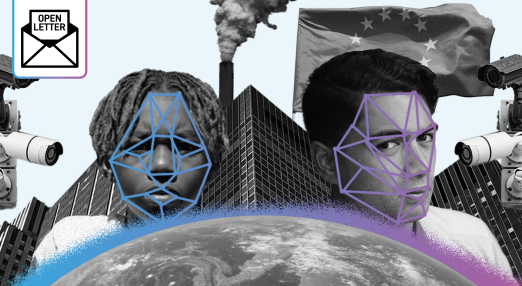
Open letter: European Commission must champion the AI Act amidst simplification pressure
52 civil society organisations, experts and academics have written to the European Commission to express their concerns about growing pressure to suspend or delay the implementation and enforcement of the Artificial Intelligence (AI) Act. Instead of unraveling the EU rulebook, which includes hard-won legal protections for people, the Commission should focus on the full implementation and proper enforcement of its rules, like the AI Act.
Read more
